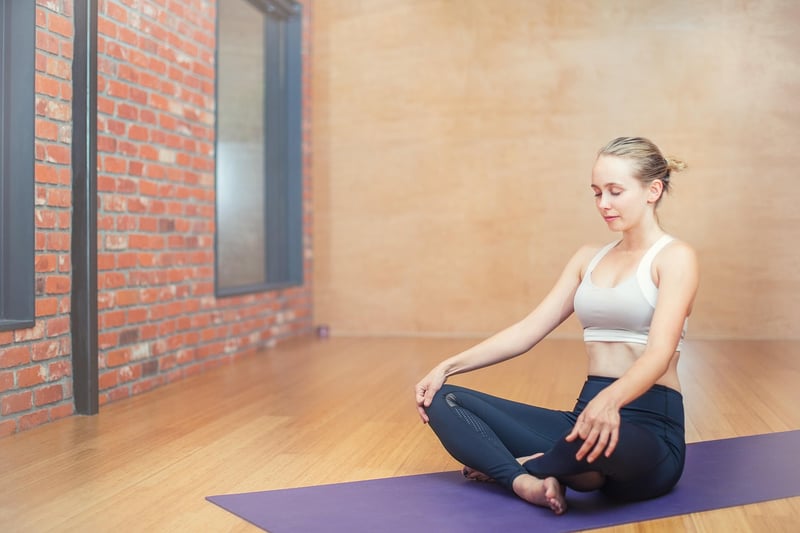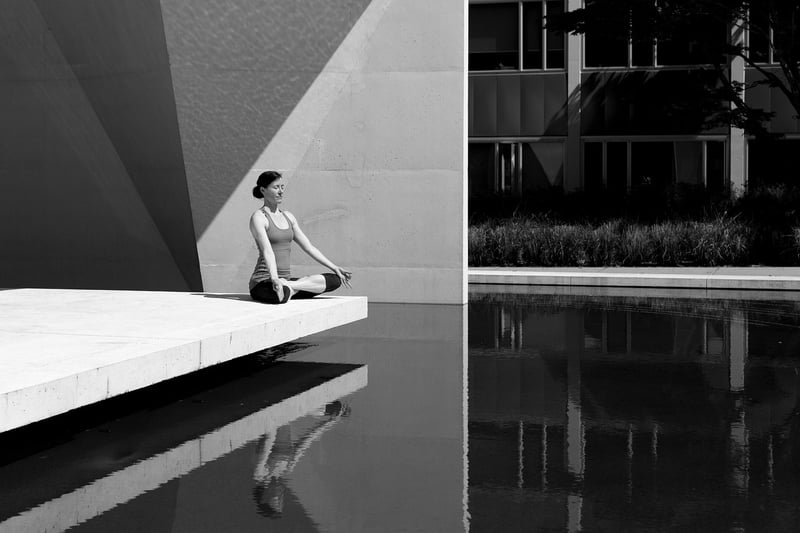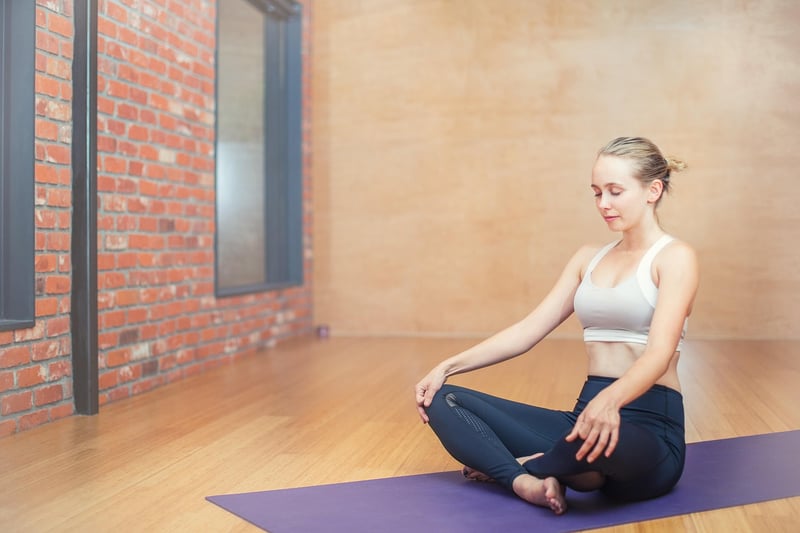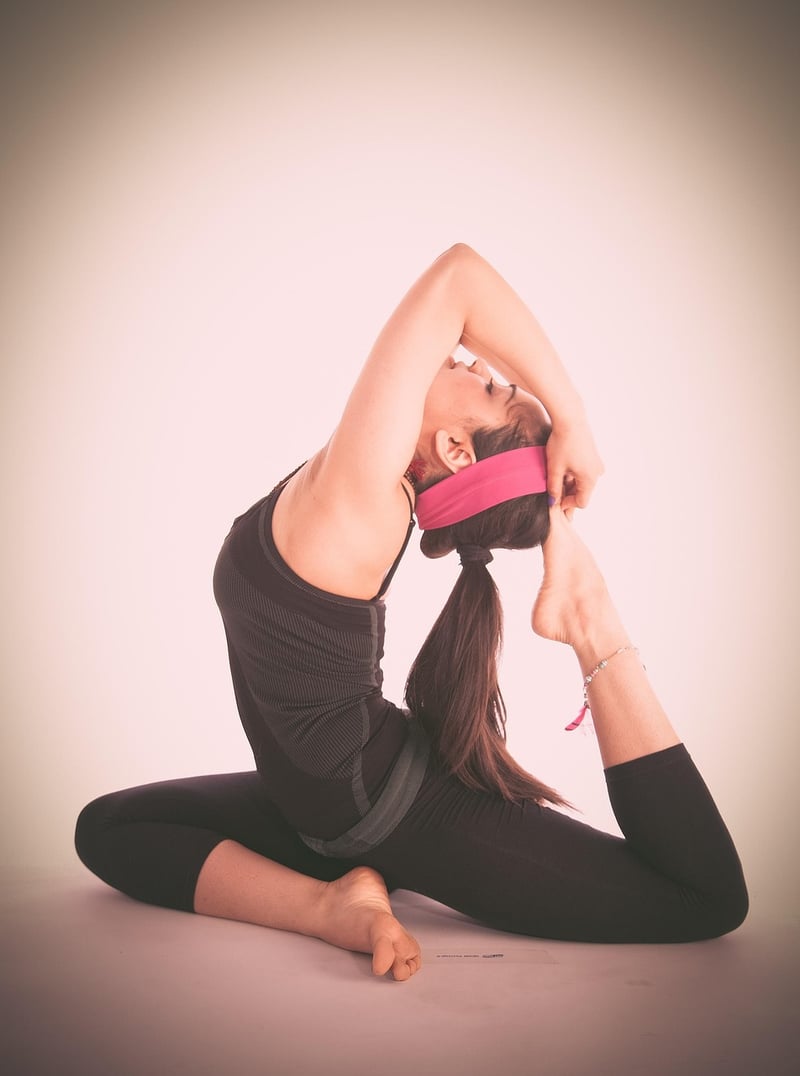Pranayama Practice
Breathing Exercises for Relaxation + Pranayama Practice
Pranayama, the ancient yogic practice of controlling the breath, offers numerous benefits for both the mind and body. By incorporating breathing exercises into your daily routine, you can promote relaxation, reduce stress, and enhance overall well-being. Below are some effective breathing techniques to help you relax and practice pranayama.
1. Deep Abdominal Breathing
Deep abdominal breathing, also known as diaphragmatic breathing, involves breathing deeply into your belly to fully expand your lungs. This technique can help calm the mind and reduce anxiety.

2. Alternate Nostril Breathing (Nadi Shodhana)
Nadi Shodhana, or alternate nostril breathing, is a pranayama technique that helps balance the left and right hemispheres of the brain. It can aid in reducing stress and increasing mental clarity.

3. Box Breathing
Box breathing involves inhaling, holding the breath, exhaling, and holding the breath again in equal counts. This technique can help regulate the nervous system and promote relaxation.

4. Ujjayi Breath
Ujjayi breath, also known as "ocean breath," involves constricting the back of the throat while breathing to create a soothing sound. This technique can help calm the mind and enhance focus.

5. Kapalabhati Pranayama
Kapalabhati pranayama is a breathing technique that involves rapid, forceful exhalations followed by passive inhalations. This practice can help increase energy levels and clear the mind.

By incorporating these breathing exercises into your daily routine, you can experience the numerous benefits of pranayama and promote relaxation and well-being in your life.
Remember to practice these techniques in a quiet and comfortable space, focusing on your breath and allowing yourself to relax and unwind.
